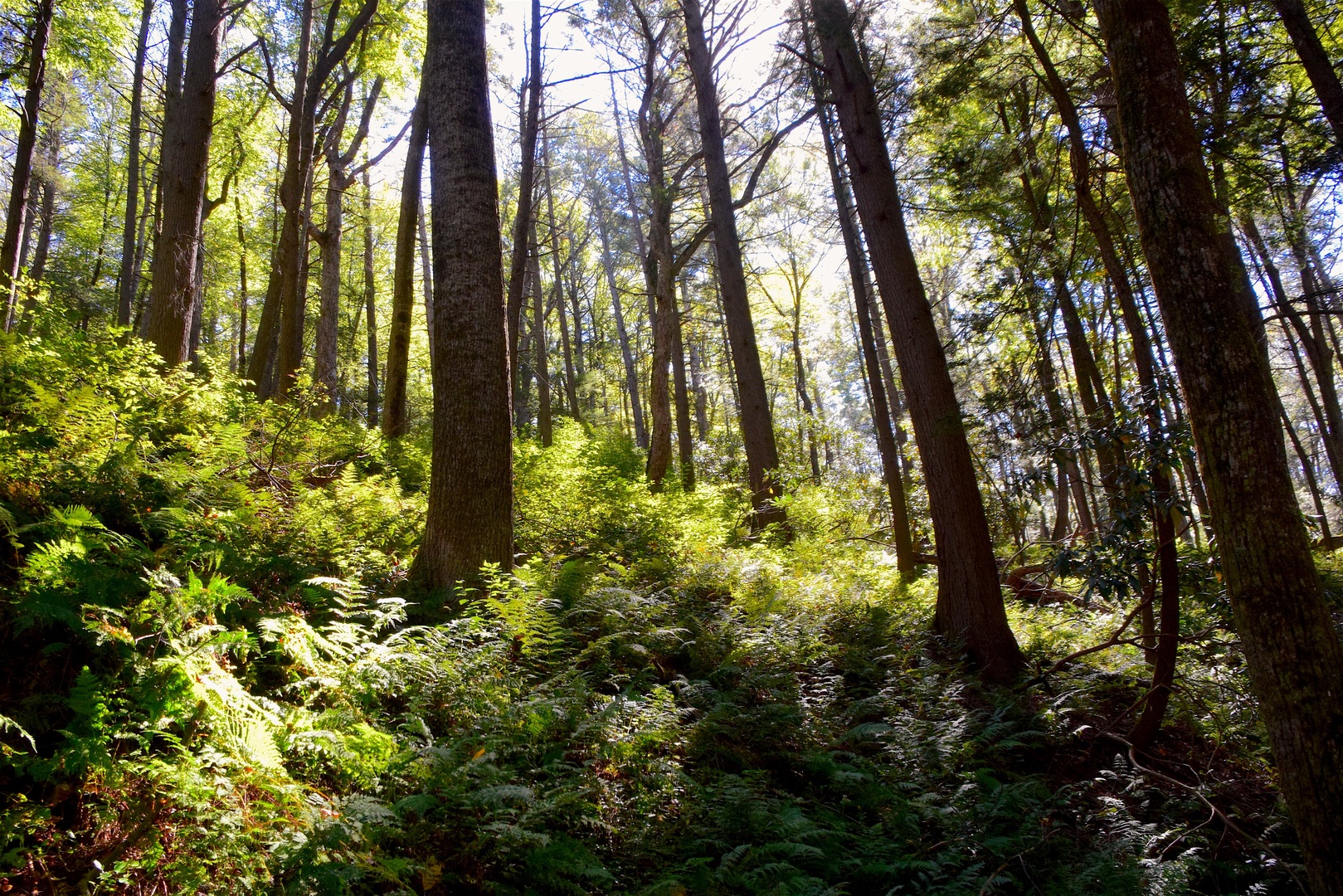Blog, Climate change, Environmental care
The Importance of Forests: A Look at Different Types and Their Impact on Water and Oxygen Production
The Importance of Forests: A Look at Different Types and Their Impact on Water and Oxygen Production
Forests are essential for life on Earth. They provide us with a variety of essential services, including:
- Clean air and water: Forests help to clean the air by absorbing pollutants and releasing oxygen. They also help to regulate water flow, preventing flooding and drought.
- Habitat for wildlife: Forests provide homes for a wide variety of plants and animals. They are essential for biodiversity and ecosystem health.
- Economic benefits: Forests provide a variety of economic benefits, including timber, fuelwood, and tourism.
Different types of forests
There are many different types of forests, each with its own unique characteristics. Some of the most common types of forests include:
- Tropical rainforests: Tropical rainforests are found near the equator and are home to a wide variety of plant and animal life. They are important for biodiversity and climate regulation.
- Temperate forests: Temperate forests are found in temperate climates and are dominated by broadleaf trees. They are important for timber production and wildlife habitat.
- Boreal forests: Boreal forests are found in the northern hemisphere and are dominated by coniferous trees. They are important for timber production and climate regulation.
- Dry forests: Dry forests are found in arid or semi-arid climates and are dominated by shrubs and trees that are adapted to dry conditions. They are important for wildlife habitat and carbon storage.
- Mangrove forests: Mangrove forests are found in coastal areas and are dominated by trees that are adapted to salty water. They are important for coastal protection and fisheries.
The importance of forests for water production
Forests play an important role in water production. They help to regulate the water cycle by storing water in the soil and releasing it slowly into the atmosphere. They also help to prevent soil erosion, which can lead to flooding and water pollution.
Forests also help to improve water quality by filtering pollutants out of the water. They also provide shade, which can help to cool water and reduce the growth of algae.
The importance of forests for oxygen production
Forests are also important for oxygen production. Trees and other plants release oxygen into the atmosphere through photosynthesis. This process uses carbon dioxide and sunlight to create food for the plant and oxygen as a byproduct.
Forests are essential for maintaining the Earth’s oxygen balance. They produce about half of the oxygen in the atmosphere.

The impact of deforestation on water and oxygen production
Deforestation is the removal of forests. It is a major threat to the environment and has a significant impact on water and oxygen production.
When forests are cut down, the soil is exposed to erosion. This can lead to flooding and water pollution. Deforestation also reduces the amount of oxygen that is produced.
Conclusion
Forests are essential for life on Earth. They provide us with a variety of essential services, including clean air and water, habitat for wildlife, and economic benefits.
It is important to protect forests and to manage them sustainably. By doing so, we can ensure that forests continue to provide the essential services that we need to survive.
I hope this article has helped you, at www.venawood.com we believe that if it is possible to save the planet, do your part, make a difference and plant a tree today.


